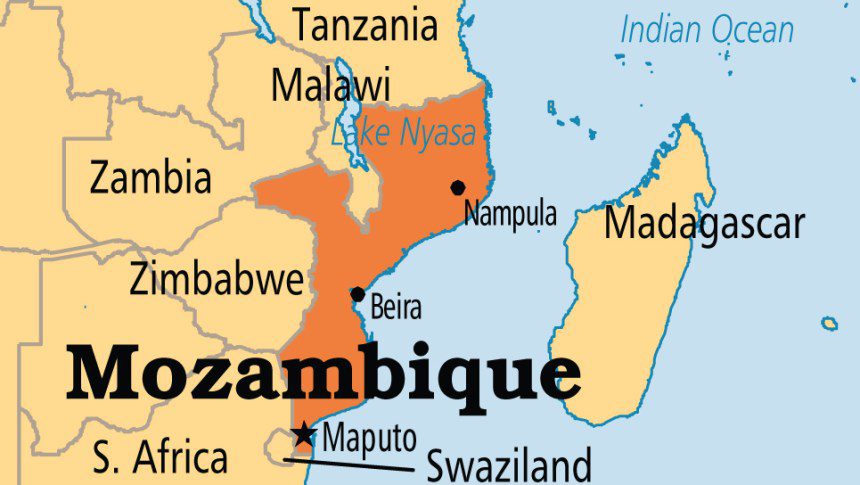However, the health service says it cannot yet confirm whether the five victims were suffering from cholera, and await laboratory tests for a definitive diagnosis.
“Our great concern is diarrhoea, so far we have registered about 2,800 cases in all of Sofala province and of these, 1,900 were recorded in Beira”, said Issa.
The officuial said he was sure that cholera was involved in the Munhava cases.
“Our group investigating the outbreak in Munhava found the cholera bacterium in five people. It was forecast that this would happen, because of the existing sanitation conditions and the water that is being consumed. Since yesterday, a health team has been in Munhava distributing Pureza (a water purifier)”. Isaa told reporters in Beira late on Wednesday.
The official said the Munhava cholera cases had been traced to a single well “and blocking measures are in place to ensure that this water is no longer used”.
Two cholera treatment centres were set up in Beira on Wednesday.
The Minister of Land, Environment and Rural Development, Celso Correia, who is representing the government in Beira, took personal control of installing the centres, to ensure that they would be immediately ready to treat anyone with cholera symptoms, which they were by the end of the day.
The United Nations World Health Organization (WHO) has warned of a “second disaster” if potentially lethal, waterborne diseases like cholera spread in the devastated region.
On Wednesday, it said 900,000 oral cholera vaccines were expected to arrive this week.


